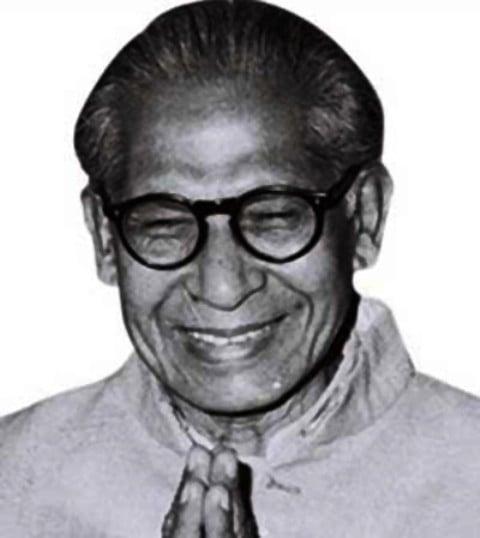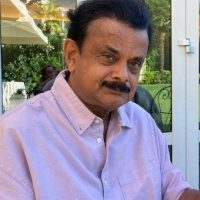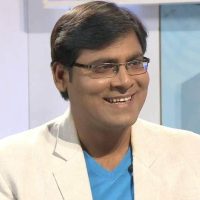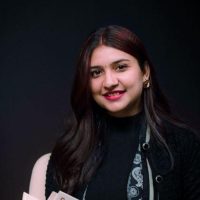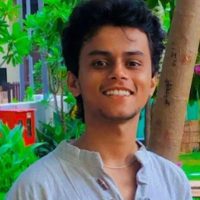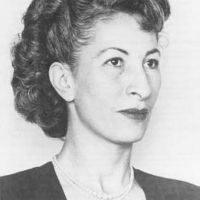| He was born into a Kayastha family. |
| He was the eldest son of Pratap Narayan Shrivastav and Saraswati Devi. |
| His parents affectionately called him "Bachchan" at home. |
| He continued the family tradition of attending Kayastha Paathshaalas. |
| After studying in a municipal school, he pursued education at BHU and Allahabad University. |
| Influenced by Gandhi's Independence Movement, he actively participated while at BHU. |
| At Allahabad University, he taught in the English Department for two years. |
| During his Ph.D. at Cambridge, he adopted "Bachchan" as his last name. |
| He became the 2nd Indian to receive a Doctorate from Cambridge. |
| He worked at All India Radio in Allahabad. |
| He married his first wife, Shyama, at age 19 in 1926, who passed away in 1936. |
| He served as an officer on Special duty in Delhi for 10 years starting 1955. |
| He was a strong advocate for the Hindi language. |
| He translated Shakespeare's works into Hindi. |
| He became a member of the Rajya Sabha in 1966. |
| He shared friendships with poets Sumitranandan Pant and Ramdhari Singh Dinkar. |
| His poem "Madhushala" is one of his renowned works. |
| He wrote the iconic Holi Song "Rang Barse" featured in the film "Silsila." |
| His couplets were prominently featured in films like "Agnipath" and "Maine Gandhi Ko Nahin Mara." |
| Manna Dey sang the musical version of "Madhushala." |
| He passed away on January 18, 2003, with his son Amitabh Bachchan lighting the funeral pyre on January 19, 2003. |
| A square in Wroclaw, Poland, and a statue are named after him. |
| One of his self-introductions was "Mitti ka tan, masti ka man, kshan-bhar jivan– mera parichay." |
